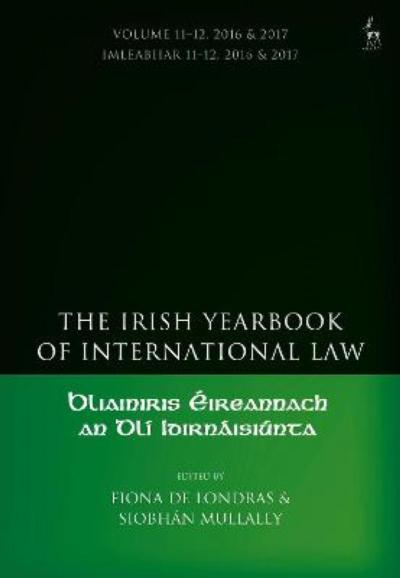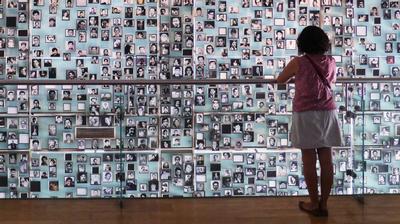Un análisis de las reformas judiciales de la Argentina, Chile, y Uruguay
This article is about judicial reform in the Southern Cone in the 1990s. It shows that for Argentina and Chile, procedural code reforms were motivated by three central factors linked to the twin processes of democratisation and economic liberalisation: (i) concern with human rights violations stemming from the past authoritarian regimes; (ii) the desire to create a stable legal environment for property rights and foreign investment; and (iii) public concern with rising crime rates. By contrast, constitutional reforms affecting the Supreme Courts in Argentina and Chile tended to be driven by narrow political self-serving interests. These reforms ultimately came about as the result of political compromises between the left and the right in response to particular catalytic national events. In Uruguay, unsuccessful attempts at both criminal procedure reform and Supreme Court reform may be attributed to a combination of a lack of political will, lack of support from the judiciary itself, and a lack of financial recourses. Interestingly, the analysis shows that in none of the three countries examined have international agencies of foreign donors played a central role in pushing for or offering financial or technical assistance to procedural code or Supreme Court reforms. This suggests that these two types of judicial reforms in the three Southern Cone countries have principally been driven by national demand rather than external pressure - which makes the context for reform different from that of many other Latin American countries.




